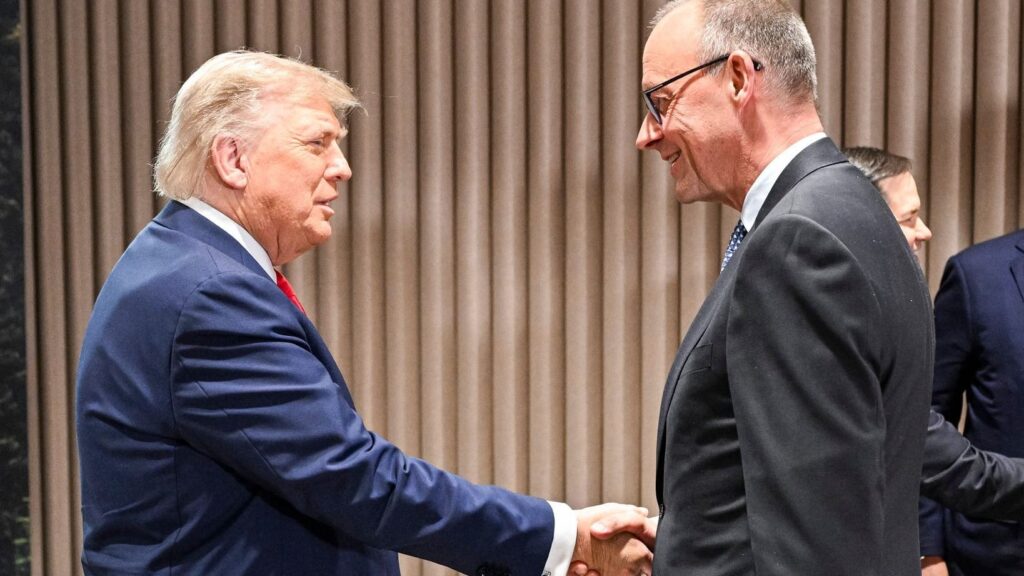
Introduction
The G7 Summit represents one of the most significant gatherings of world leaders, focusing on global issues such as economic policy, climate change, and international security. With multiple high-stakes sessions held among the leaders of Canada, France, Germany, Italy, Japan, the United Kingdom, and the United States, former President Donald Trump’s unique approach and policies shaped several discussions during his term. His attendance and actions at the G7 have continuously sparked debate and reactions worldwide, making this topic relevant to today’s ongoing political dialogues.
Trump’s Approach to the G7
During his presidency, Donald Trump attended the G7 Summit in 2018 and 2019, where he adopted an often unconventional approach. In 2018, he took the lead in voicing skepticism towards multi-lateral agreements, suggesting that the other leaders reduce tariffs and embrace a more America-first policy. His insistence on re-evaluating the relevance of international agreements like the Paris Climate Accord raised eyebrows, making him a polarizing figure among G7 participants.
Key Moments
At the 2018 Charlevoix Summit in Canada, Trump famously clashed with other leaders, particularly over trade tariffs, leading to tensions that brought the traditional solidarity of the group into question. His controversial comments about Russia’s potential reinstatement into the G7 drew sharp reactions, emphasizing a shift away from previously established norms of collective diplomacy. In the following year, at the Biarritz Summit in France, Trump reinforced his commitment to defense spending and pushed for the inclusion of Russia once more, a point that was met with resistance from European allies who were wary of Moscow’s intentions.
Implications for Current Politics
Trump’s involvement in the G7 challenges conventional expectations of international diplomacy and raises critical questions about the future of multilateral cooperation among major economies. His presidency’s emphasis on nationalism and trade wars has left a lasting impact, as nations grapple with how to adapt to shifts in U.S. policy and the ongoing global landscape. The priority placed on bilateral agreements under Trump’s leadership continues to resonate in contemporary discussions about international relations.
Conclusion
The legacy of Donald Trump’s participation in the G7 Summit reflects a significant moment in the evolution of international relations. As global challenges become increasingly interconnected, the reactions and policies stemming from Trump’s G7 tenure indicate a potential transformation in how member states engage with one another. Understanding these dynamics will be crucial as future leaders navigate the complexities of global governance.



